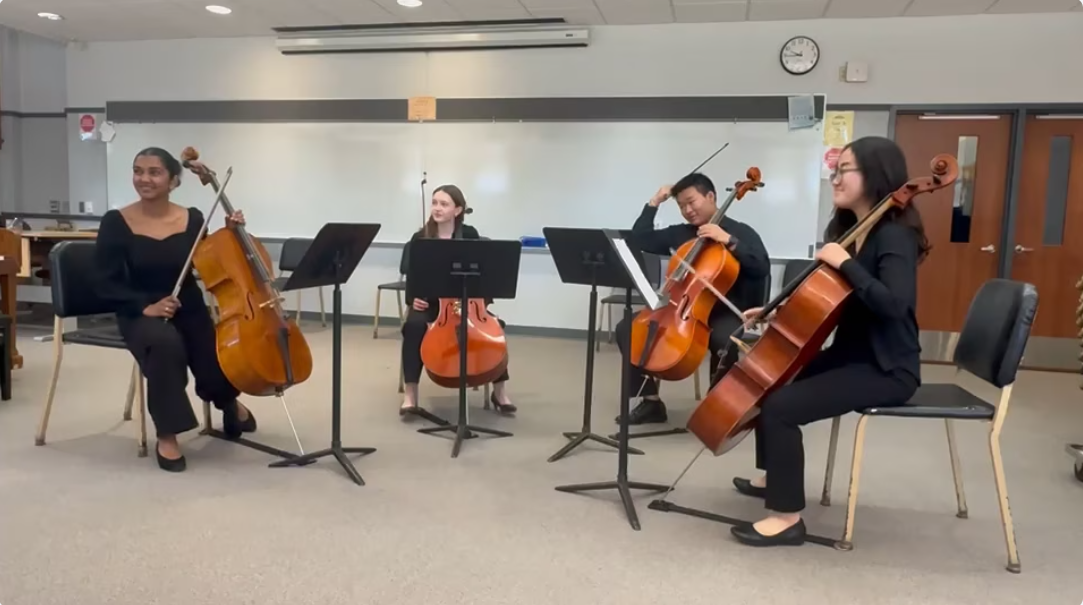Three Ways to Beat Procrastination
As Middleton High School enters the last leg of the semester, it is important that students begin practicing effective study strategies.
November 20, 2022
It’s 5 o’clock at night, your assignment is due in a few hours and you are furiously working to finish before the deadline. You feel stressed and wonder, “What happened? Why didn’t I just start earlier?”
If you find yourself procrastinating daily, you are not alone. According to the American Psychological Association, “20% of U.S. men and women are chronic procrastinators.”
Many factors contribute to increased levels of procrastination, such as distractions, difficult tasks that require a lot of time and lack of effective studying strategies. Procrastinating can be detrimental to accomplishing school work and completing assignments on time, and it can be especially harmful to your mental health.
“Procrastination prevents you from being productive, and things end up piling up,” said Middleton High School chemistry teacher Peter Kechele.
A significant reason for procrastination is letting yourself become distracted while completing tasks, which makes tackling distractions one of the simplest ways to increase efficiency, even if it is difficult. Fortunately, there are numerous other ways to curb procrastination.
Limit Distractions
Many students like to keep their phones close while working. This is harmful to productivity. Humans have an instinct to reach for their phone as it buzzes, which is difficult to avoid, but we can counter it. You should always aim to study in a quiet area with limited distractions. By doing this, you are eliminating the urge to lose focus. Next time you sit down to study, think of nearby distractions you could face, and find a way to limit them.
Use Effective Strategies
That five-hour assignment may seem exhausting, but we know we have to finish it anyways. Breaking larger assignments into smaller, bite-size pieces is an effective way to complete daunting tasks. After limiting distractions, another great way to finish tasks efficiently is to make a time-management schedule: make a list of what tasks you need to complete and how long each task will take to complete. By doing this, you can sort your tasks by the hour for the entire day. And be sure to include breaks!
Pomodoro Technique
The Pomodoro Technique is a time management method that was introduced by Francesco Cirillo in the 1980s. To practice the Pomodoro Technique, set a timer for 25 to 30 minutes, and take a two to five-minute break once it goes off. After four sessions, take a longer break. This method is used for more efficient and organized studying.
Many people struggle with procrastination in their everyday lives. Implementing the three methods listed above will reduce procrastination immensely, increasing efficiency and productivity. With finals approaching, now is the time to get in the habit of ending your procrastination cycle.














